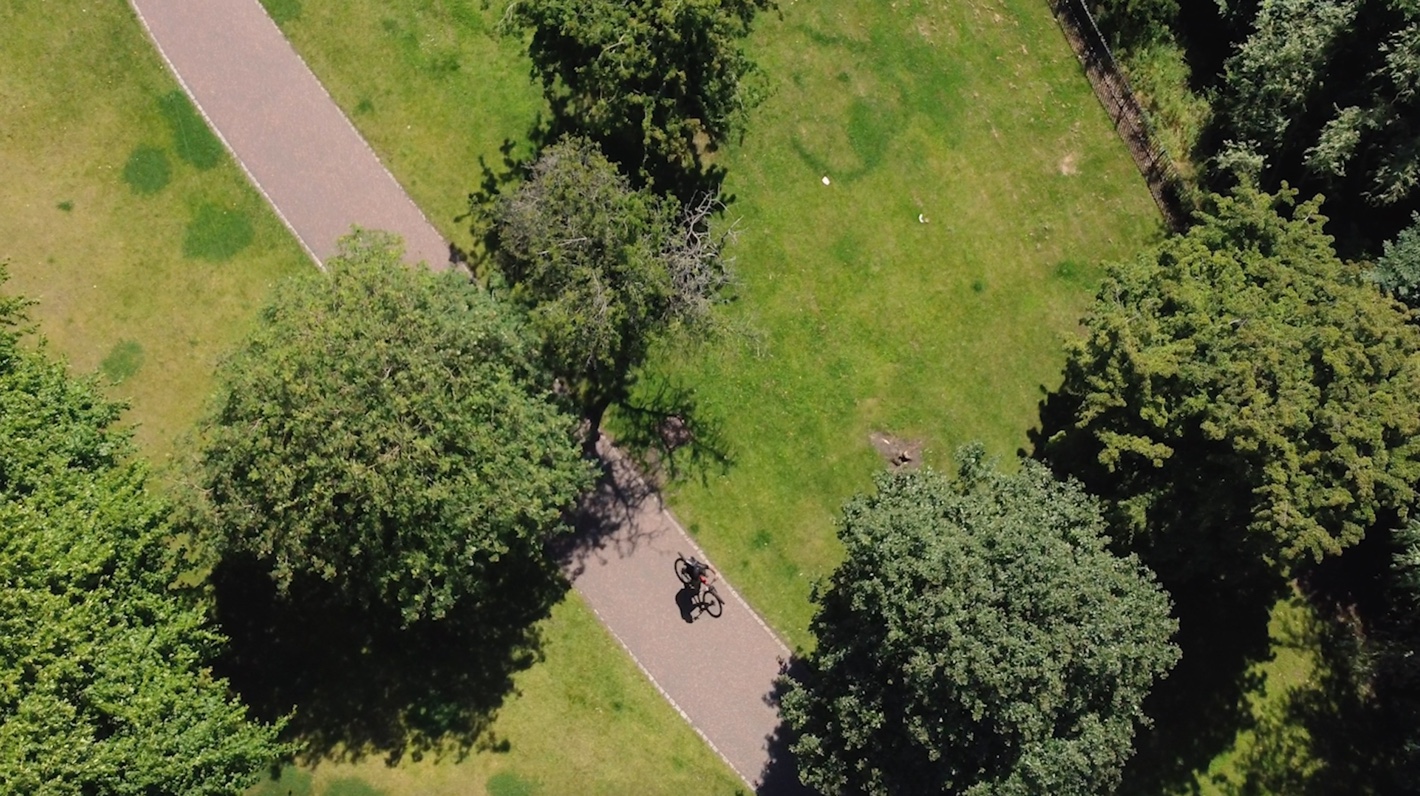
Dust yet to settle over hung Parliament
The dust from Thursday’s election looks set to hang around almost as long as the ash from Eyjafjallajökull. Despite the shrill calls from the right-wing press, a Cameron premiership is not yet a done deal, and even if it does emerge, it might not be very stable.
If the British public wanted to hurt all the major parties equally they could scarely have come up with a better result: the Tories tantalisingly close to Government, but not able to get across the finishing line even with the support of Ulster Unionists. Labour given a bloody nose: down but not out. And the Lib Dems left with a Faustian choice
– support Labour, but still not get a working majority without support from Welsh and Scottish nationalists too; or back Cameron, who seems unlikely to cave in on voting reform without a massive struggle.
So, despite the election of the UK’s first Green MP (Caroline Lucas), it seems likely that environmental interests will go on being under-represented in post-election politics, as they were in the election campaign.
Although in that context it was good to hear senior Lib Dem Simon Hughes tell the BBC that even though the Lib Dems and Tories were not “immediate natural allies” they had to respond “constructively to try to build an arrangement” to deal with the “political, economic, environmental and other crises” (emphasis added).
At least someone in the negotiating group gets the fact that there is an environmental crisis. Hopefully they also realise it’s a sight more real than the idea of ‘Broken Britain’ that the Tories conjured up to capture votes from an unpopular Labour Government. That unpopularity, ironically, probably had much more to do with things the Tories supported – like war in Iraq – than with anything they might change.
However, given the political challenges ahead, I fear the environment might gain little of long-term value from a Lib-Dem pact with the Conservatives – unless they somehow win a rock-solid commitment to electoral reform, which could send many more Green MPs to Westminster to join Caroline Lucas in the next Parliament.
And that may be unlikely if Cameron calculates he could win a rerun of the election in a few months time by blaming Clegg for not cooperating. From here in Scotland that seems a risky strategy, but from the Tory shires it might look feasible (at least under the present voting system …).
So at present it looks like Cameron is trying to hedge on electoral reform while buying Lib-Dem backing by targeting some of the planned cuts: for example to cut ID cards. Whether this tactic would even stretch to cutting Trident seems less plausible – but that could be a significant positive in an otherwise worrying situation.
Of course environmental issues are not the exclusive preserve of the Green party, and among others I was pleased to see Labour’s Mark Lazarowicz returned to Parliament in Edinburgh’s North and Leith and the SNP’s Mike Weir from Angus joined by new face Eilidh Whiteford in Banff and Buchan (Eilidh used to work for Oxfam on climate change amongst other important issues). I was even pleased too to see Zac Goldsmith elected for the Tories in Richmond. With many new Tory MPs rating the environment low in their priorities, and some even hinting at climate denial, it is good that the man credited with greening Cameron will be by his side in Parliament.
In Holyrood, where PR makes single party majority government unlikely, it has seemed easier for politicians to work across party divisions on issues like the environment. Despite the different and previously more confrontational culture at Westminster, we may hope to see some of the same there in a hung parliament, as MPs try to re-establish public trust in politics. MPs sympathetic to the environment could deliver a fair amount for a greener future by collaborating across party lines. We can also hope that the same desires help spread the openness of the Holyrood system – to legitimate interest groups working on issues like the environment, human rights and social justice – to Westminster.
And of course, whatever happens in Westminster, there is plenty we can be doing ourselves to help the environment. I just hope when the dust settles, we will have a UK government that helps us all do our bit, and doesn’t get in the way of progressive steps by the devolved governments or local authorities.
